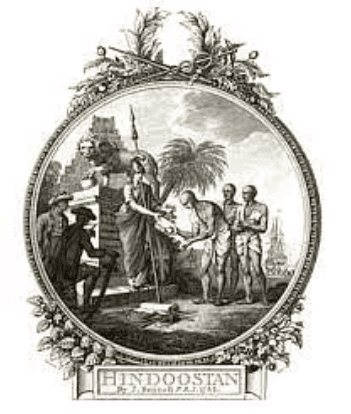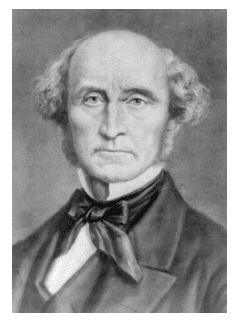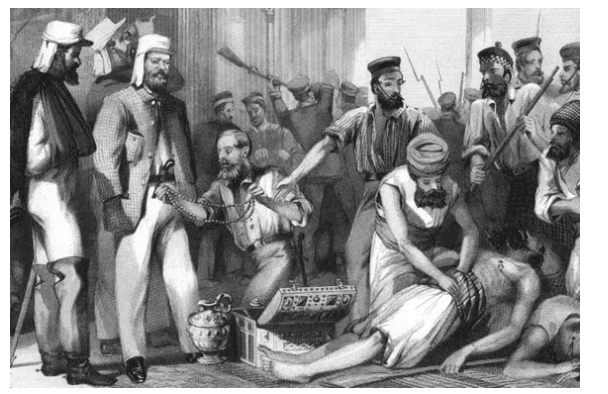Class 8 History Chapter 1 Important Question Answers - How, When and Where
Q1: Why do historians often associate history with a string of dates, and how has this perspective evolved over time?
Ans: Historians have traditionally linked history with specific dates, particularly those tied to major events and rulers. This approach has changed over time, and modern historians now consider a wider array of topics, including:
- Livelihoods and how people earned a living
- Changes in culture and society
- Development of cities and markets
- Formation of kingdoms and spread of ideas

Q2: Explain the limitations of fixing precise dates for certain historical processes, using examples from the chapter.
Ans: Certain historical changes, like the adoption of tea in India or the establishment of British rule, occurred gradually over time, making it challenging to pinpoint specific dates. Attempting to assign precise dates to such processes oversimplifies their complexity.
Q3: Why did British historians, during their rule in India, emphasize the dates associated with Governor-Generals, and how did this impact the narrative of Indian history?
Ans: British historians highlighted Governor-Generals as central figures in Indian history, structuring the narrative around their reigns. This focus had several implications:
- It marginalised the contributions and experiences of Indian people.
- It created a skewed narrative that overlooked various groups and classes.
- Indian activities were often excluded, leading to a limited perspective on history.
As a result, the historical account became overly centred on British officials, neglecting the rich tapestry of Indian society.
Q4: Propose an alternative format for studying the history of a period dominated by Governor-Generals, considering the activities of different groups and classes in Indian society.
Ans: A more inclusive history can be developed by emphasising the activities of various Indian groups and classes during the era of Governor-Generals. This approach requires a new format that embraces diverse perspectives.
- Focus on the roles of different social classes and groups in Indian society.
- Highlight significant events that are often overlooked in traditional narratives.
- Reassess the importance of dates and events based on new perspectives.
- Encourage a broader understanding of history beyond the actions of Governor-Generals.
Q5: How did James Mill periodize Indian history, and what were the implications of his classification?
Ans: James Mill divided Indian history into three main periods: Hindu, Muslim, and British. His classification suggested a linear progression of civilization, but it had significant implications:
- This division oversimplified the rich diversity of Indian societies and cultures.
- It reinforced Eurocentric views, portraying British rule as a necessary force for progress.
- Mill's perspective implied that India was incapable of advancement without British intervention.
Overall, his periodisation has been critiqued for failing to acknowledge the coexistence of various faiths and cultures during these times. James Mill
James Mill
Q6: Critically evaluate the division of Indian history into 'ancient,' 'medieval,' and 'modern,' highlighting its inadequacies.
Ans: The division of Indian history into ancient, medieval, and modern periods is problematic for several reasons:
- This classification is largely borrowed from Western perspectives, which oversimplifies the complexity of Indian history.
- During British rule, key modern values such as equality and liberty were largely absent, making the term modern misleading.
- Many historians prefer the term colonial to accurately describe this period.
- Labelling periods based solely on the religion of rulers ignores the diverse beliefs and practices of the population.
- This approach risks marginalising the experiences of those who did not share the rulers' faith.
Q7: What is colonialism, and how does it relate to the changes brought about by British rule in India?
Ans: Colonialism is the domination of one country by another, leading to significant political, economic, social, and cultural changes.
Under British rule in India, this process resulted in:
- Political changes: The British established control over local rulers, such as nawabs and rajas.
- Economic changes: They restructured the economy, collecting taxes and controlling trade.
- Social changes: British influence altered local customs, values, and practices.
- Cultural changes: New ideas and institutions were introduced, impacting Indian society.
Overall, the impact of British colonialism was profound, affecting all aspects of Indian life. British Colonialism in India
British Colonialism in India
Q8: How did the British administration generate and preserve official records, and what role did these records play in understanding Indian history?
Ans: The British administration emphasized written documentation, producing memos, reports, and records. These were meticulously preserved in record rooms, providing a valuable source for understanding administrative decisions and policies.
Q9: Explore the significance of surveys in colonial India and how they contributed to the administration's understanding of the country.
Ans: Surveys in colonial India played a vital role in enhancing the administration's understanding of the country. They provided essential data for effective governance through various means:
- Revenue Surveys: These helped assess land and resource management.
- Census Operations: Conducted every ten years, these surveys recorded population details, including castes, religions, and occupations.
- Botanical and Zoological Surveys: These documented local flora and fauna, contributing to ecological knowledge.
- Archaeological and Anthropological Surveys: These explored historical and cultural aspects of the regions.
Q10: How did the British use propaganda and representations, such as images and advertisements, to shape perceptions during colonial rule?
Ans: The British employed images, biographies, and advertisements to create a specific narrative about colonial rule. They often portrayed themselves as powerful figures, linking their products to royalty. This approach shaped public perception and justified their actions in the colonies.
- Used visuals to convey authority and control.
- Associated British goods with prestige and status.
- Influenced public opinion to support colonial policies.
Q11: How did British views on progress and civilization influence their historical narrative, particularly regarding the period before British rule in India?
Ans: British historians, influenced by notions of progress and civilization, portrayed the period before British rule in India as one of darkness, dominated by despotic rulers, religious intolerance, and superstitious practices. This perspective justified the British belief in their civilizing mission.
Q12: Explore the role of newspapers in colonial India as a source of information and a platform for public debate, citing an example from the chapter.
Ans: Newspapers in colonial India were essential for providing information and fostering public debate. They played a key role in highlighting social issues and movements.
- For example, a report on a police strike in 1946 revealed the grievances of over 2000 policemen in Delhi.
- The policemen protested against low salaries and the poor quality of food they received.
- This incident illustrates how newspapers documented and spread awareness of social concerns during colonial rule.
|
69 videos|431 docs|46 tests
|
FAQs on Class 8 History Chapter 1 Important Question Answers - How, When and Where
| 1. How do I study effectively for my Class 8 exams? |  |
| 2. When should I start preparing for my Class 8 exams? |  |
| 3. Where can I find study materials and resources for Class 8 exams? |  |
| 4. How can I manage my time effectively during the Class 8 exams? |  |
| 5. What are some effective revision techniques for Class 8 exams? |  |






















